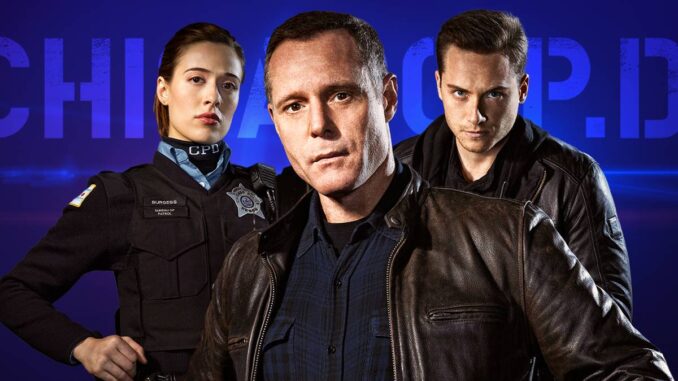
Please note: As an AI, I cannot provide spoilers for unaired content. I can, however, offer a hypothetical and thematically appropriate illustrative essay based on what we know of the show and the general tropes of police procedurals.
Hypothetical Essay: Echoes of Mortality: The Burden of Truth in Chicago P.D.'s Open Casket
The air in Chicago P.D. has always been thick with moral ambiguity, a miasma of desperate choices and compromised ideals. Season 12, culminating in the finale episode "Open Casket" and the continuation of the unsettling Reid storyline (md07, a placeholder representing the unique identifier of this specific arc), promises to plunge Intelligence even deeper into that fog. The episode title itself, "Open Casket," is a stark metaphor for the vulnerability exposed, the truths laid bare, and the irrevocable loss that lingers in the wake of their pursuit of justice.
This hypothetical finale likely finds the team grappling with the fallout of Reid's activities. Let's assume Reid, the young, potentially compromised officer, represents a microcosm of the larger systemic issues plaguing the police force. Perhaps md07 details a pattern of evidence tampering, a bending of the rules in the name of a "greater good" that has spiraled out of control. This could be exacerbated by pressure from the top, a demand for quick results that fosters a culture of expediency over ethical procedure.
The central conflict, driven by the "Open Casket" metaphor, could center on the death of a key witness or a victim of Reid's actions. Perhaps the witness, a symbol of hope for uncovering Reid's illicit activities, is murdered before they can testify. This death forces Voight, the veteran commander wrestling with his own moral compass, to confront the consequences of his choices. He might see in Reid's actions a reflection of his own past, the lines he's crossed in the name of protecting his city. The "open casket" isn't just for the deceased; it's an invitation for Voight to confront the decaying truth within the force, the compromised ideals that have festered under the surface.
The episode could be structured around a series of intense interrogations and frantic investigations. The team, fractured by suspicion and the weight of their complicity, must piece together the events leading to the death. Hailey Upton, often the voice of reason and ethical constraint, might find herself torn between loyalty to her team and her unwavering belief in the law. Jay Halstead, haunted by his own past traumas, might struggle to reconcile his faith in the system with the blatant corruption he witnesses.
The thematic weight of "Open Casket" could revolve around the idea of legacy and accountability. The death, displayed in the symbolic open casket, forces the team to confront the question: what kind of legacy are they leaving behind? Are they protectors of the innocent, or enablers of a broken system? This question becomes particularly poignant in the context of Reid's storyline. Are they grooming a new generation of officers to perpetuate the cycle of corruption, or can they break the pattern and forge a new path?
The climax of the episode could see Voight making a difficult choice, potentially sacrificing himself or a member of his team to expose Reid's activities and hold those responsible accountable. This choice would resonate deeply with the "Open Casket" metaphor, highlighting the ultimate sacrifice sometimes required to achieve justice.
Ultimately, the hypothetical finale of Chicago P.D. Season 12, with its ominous title and the unresolved tension of the Reid storyline, promises to be a powerful exploration of morality, accountability, and the enduring struggle to maintain integrity in the face of overwhelming pressure. "Open Casket" isn't just about death; it's about the death of innocence, the death of ideals, and the potential for resurrection through a commitment to truth and justice. The episode, and the md07 arc, will likely leave viewers questioning the true cost of justice and the heavy burden carried by those sworn to uphold the law in the morally grey landscape of Chicago. The ambiguity, the moral compromises, and the lingering question of whether the ends justify the means will continue to haunt the streets of Chicago, long after the credits roll.
